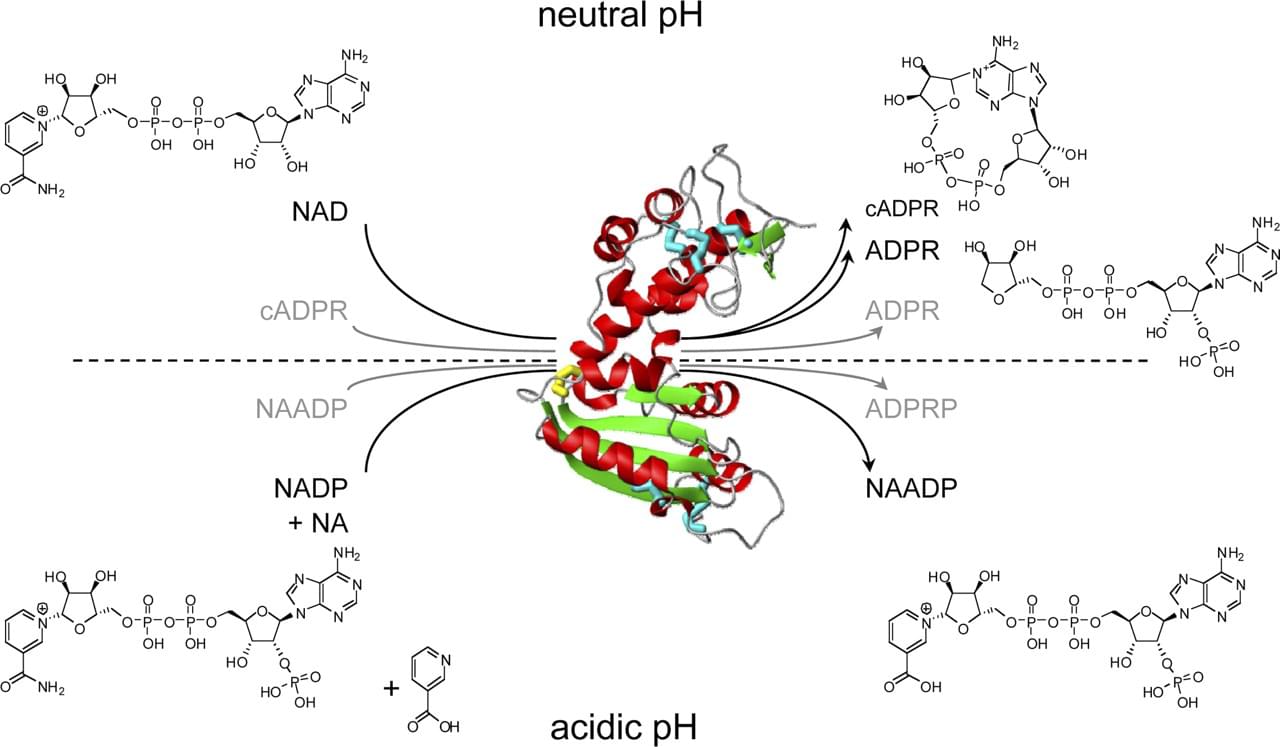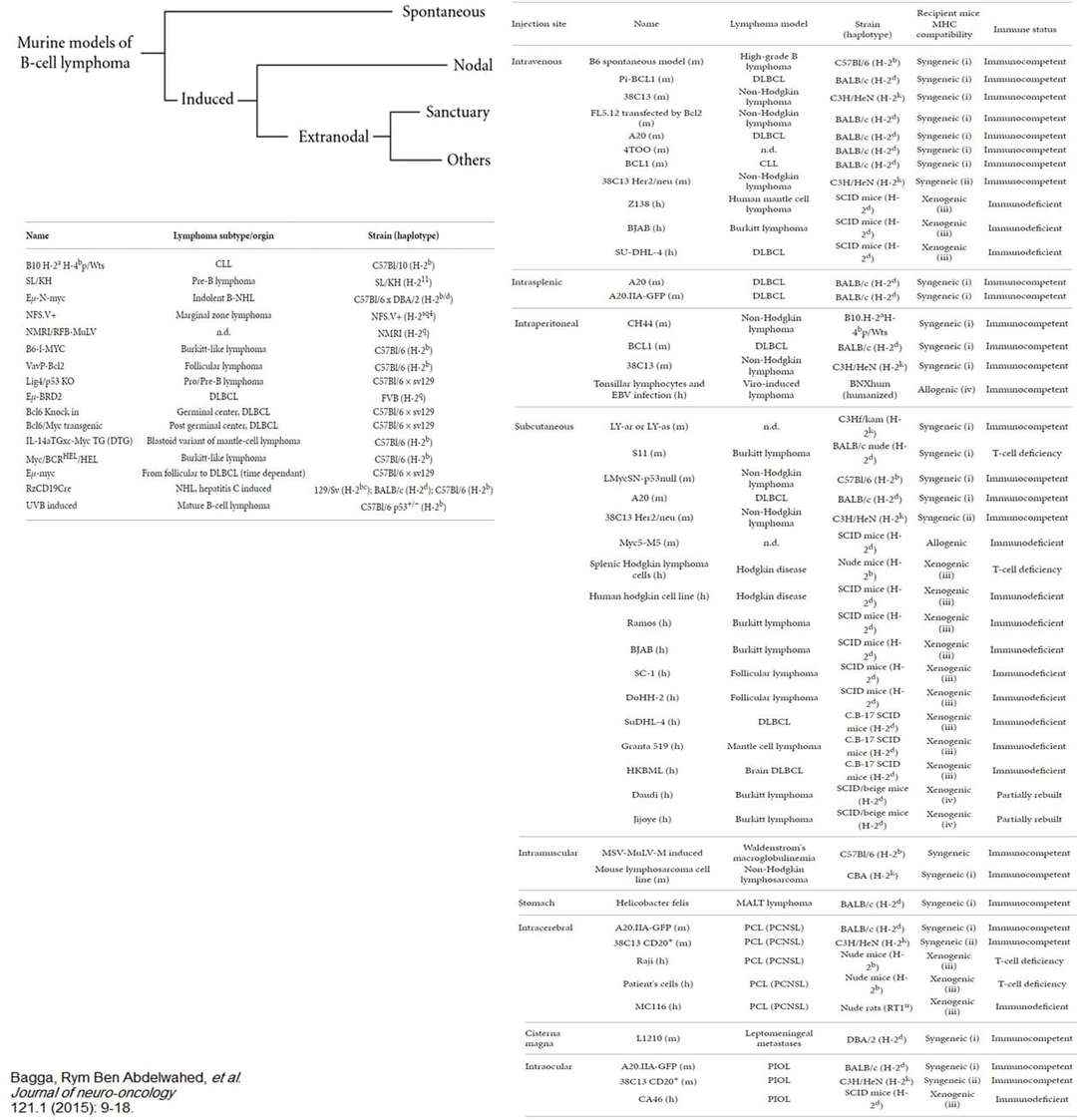All products and services are For Research Use Only and CANNOT be used in the treatment or diagnosis of disease.
Target Background
CD38 or ADPRC1 (cyclic ADP-ribose hydrolase) is a multifunctional ectoenzyme located on the surface of several kinds of immune cells (CD4+, CD8+, B lymphocytes and natural killer cells) and functions for hydrolysis of cyclic ADP-ribose (cADPR) from NAD+ to ADP-ribose, then regulates cytoplasmic Ca2+ flux. It is uniformly overexpressed in a variety of haematological malignancies such as chronic lymphocytic leukemia (CLL), multiple myeloma, acute promyelocytic leukemia (PML), B-cell non-Hodgkin lymphoma (NHL), B-cell acute lymphoblastic leukemia (ALL), B-cell chronic lymphocytic leukemia (B-CLL), T-cell ALL and solid tumors such as nasopharyngeal carcinoma, compared to normal lymphoid and myeloid cells. Meanwhile, the expression of CD38 is a marker of poor prognosis in CLL. All these characteristics make CD38 a potential target and unceasingly attract growing interest for anti-CLL therapy.

The multiple enzymatic reactions catalyzed by CD38
Physiological reviews 88.3 (2008): 841-886
Anti-CD38 CAR-T Cell Therapy
Accumulative preclinical studies proved the target-cell killing of multiple CD38-overexpressed myeloma cells induced by several anti-CD38 monoclonal antibodies or antibody-drug conjugates such as Daratumumab (HuMax-CD38, Genmab), which led to multiple currently recruiting and ongoing phase 1–2 studies (NCT02336815; NCT01421186; NCT02419118; NCT01998971; NCT00574288, etc.). For instance, a phase 1/2 study (NCT01084252) has been authorized to recruit patients for dose escalation and efficacy test of anti-CD38 monoclonal antibody in patients with selected CD38+ hematological malignancies. These studies will lay the sufficient foundation and offer researchers a great chance of initiating the first anti-CD38 CAR-T study since no clinical trial of anti-CD38 CAR-T has been reported up to now, even pre-clinical experiment. Creative Biolabs will help you open up the first road to anti-CD38 CAR-T cell therapy in the scientific community.
Animal Models for in vivo Study of anti-CD38 CAR-T Cell Therapy
Creative Biolabs provides versatile animal models for a variety of haematological malignancies such as chronic lymphocytic leukemia (CLL), multiple myeloma, acute promyelocytic leukemia (PML), B-cell non-Hodgkin lymphoma (NHL), B-cell acute lymphoblastic leukemia (ALL), B-cell chronic lymphocytic leukemia (B-CLL), T-cell ALL and solid tumors such as nasopharyngeal carcinoma. Take B-cell lymphoma as an example, the following figure shows the related murine models Creative Biolabs provided.

In addition, Creative Biolabs also assists customers in creating clinically relevant orthotopic mouse models including but not limited to the above categories.
In vivo Assay Parameters and Techniques
At Creative Biolabs, we offer the most exquisite and comprehensive service platform for preclinical anti-CD38 CAT-T cell therapy research.
Efficacy Test
Tumor remission monitored by tumor volume recording or bioluminescence imaging and survival curve tracking
Viability and Bio-distribution Studies
Durability, GLP-compliant bio-distribution studies
Toxicity Evaluation
Pilot tolerability (MTD, The route of administration, Dose regimen/response/onset)
Clinical observation (body weight, feed consumption, ophthalmologic and clinical pathology)
Cytokine storm surveillance (fever, hypertension, prolonged cytopenia)
Complete necropsy, organ weight
Histopathology
Tumorigenicity study
To occupy the virgin land of CAR-T cell therapy, Creative Biolabs provides researchers with the most reliable and relevant animal models for better and the most scientific preclinical studies. Furthermore, we offer customized service and help design and perfect study strategies for the top-ranking research.
Please feel free to contact our customer service for more information.
References
For any technical issues or product/service related questions, please leave your information below. Our team will contact you soon.
 NEWSLETTER
NEWSLETTER
The latest newsletter to introduce the latest breaking information, our site updates, field and other scientific news, important events, and insights from industry leaders
LEARN MORE NEWSLETTER NEW SOLUTION
NEW SOLUTION
CellRapeutics™ In Vivo Cell Engineering: One-stop in vivo T/B/NK cell and macrophage engineering services covering vectors construction to function verification.
LEARN MORE SOLUTION NOVEL TECHNOLOGY
NOVEL TECHNOLOGY
Silence™ CAR-T Cell: A novel platform to enhance CAR-T cell immunotherapy by combining RNAi technology to suppress genes that may impede CAR functionality.
LEARN MORE NOVEL TECHNOLOGY NEW SOLUTION
NEW SOLUTION
Canine CAR-T Therapy Development: From early target discovery, CAR design and construction, cell culture, and transfection, to in vitro and in vivo function validation.
LEARN MORE SOLUTION